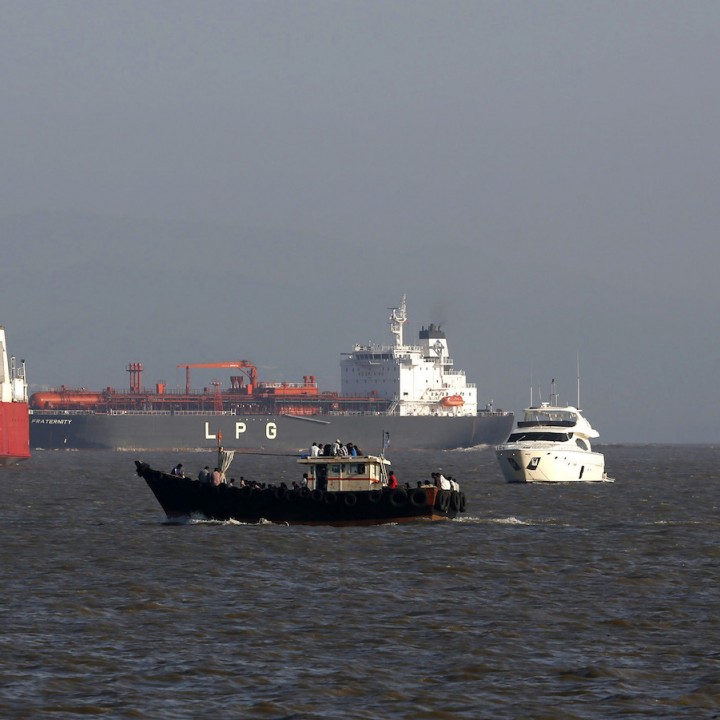A business that is in operation has got its cycle of boom and recess. These are the periods when the business is doing well and adversely, respectively. Just like any business, the freight forwarding industry also has got a share of its own challenges. These are obstacles that hamper the smooth running of the freight forwarding industry. Some of the challenges completely stifle the operations of a freight industry which forces it to wind up and go out of business.
A well organized freight industry should anticipate such challenges and have strategies in place to combat them when they occur. A freight forwarding industry that waits for such challenges to manifest themselves before making adequate preparations is contributing to its own failure. Mechanisms need to be in place to cover any unforeseen events that may tend to cripple the business. This includes setting funds aside to cater for emergencies and risks which cannot be predicted with certainty. Challenges facing the freight forwarding industry include the following;
Increase in fuel prices has been a major factor that has adversely affected the freight industry. Increase in fuel means an increase in the operating costs of the business. However, the freight forwarding company cannot be increasing its freight rates each time there is an increase in fuel prices. This would brand a company to be very unreliable and unnecessarily expensive. This means that a freight company has to balance between stabilizing the freight rates and making profits at the same time. The price set therefore has to cater for all expenses and leave some profit in the end. If the set freight rates are high, one would lose customers due to stiff competition that prevails in the freight forwarding industry. Increase in fuel therefore poses a major challenge to the freight industry as all of their vessels are powered using fuel.
The sea freight is faced by adverse weather conditions which are normally unpredictable. Very strong tides and waves make it almost impossible to conduct sea transport as one would be running the risk of a sinking ship. During such instances, the sea transport has no activity while awaiting calmness to resume. Furthermore, sea transport has also been hit by the threat of pirates who hijack cargo ship and demand for ransoms before such a ship can be released. This has caused severe losses in the freight forwarding industry which has driven most operators out of business.
Moreover, the credit crunch has had a negative impact on the freight forwarding industry. This has led to reduced activity in terms of trade hence a low season for freight companies. During the economic crunch, the level of trade significantly reduced across national borders meaning that there was little that could be transported from one country to another. This was worsened by the weakening of the dollar meaning that the freight forwarding industry had to receive less in terms of payments advanced to them by their customers. If the price for a certain consignment was fixed at a certain price, the weakening dollar impacted negatively on the exchange rate to those who conducted business internationally.




